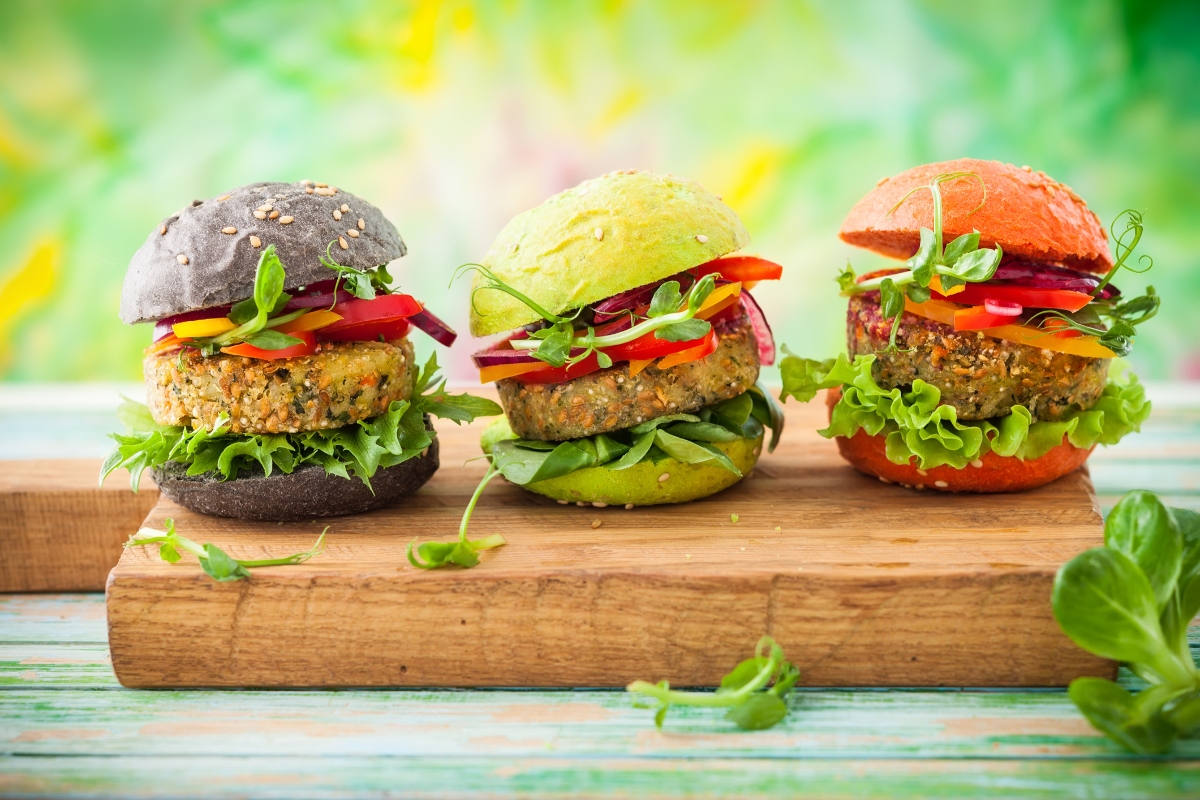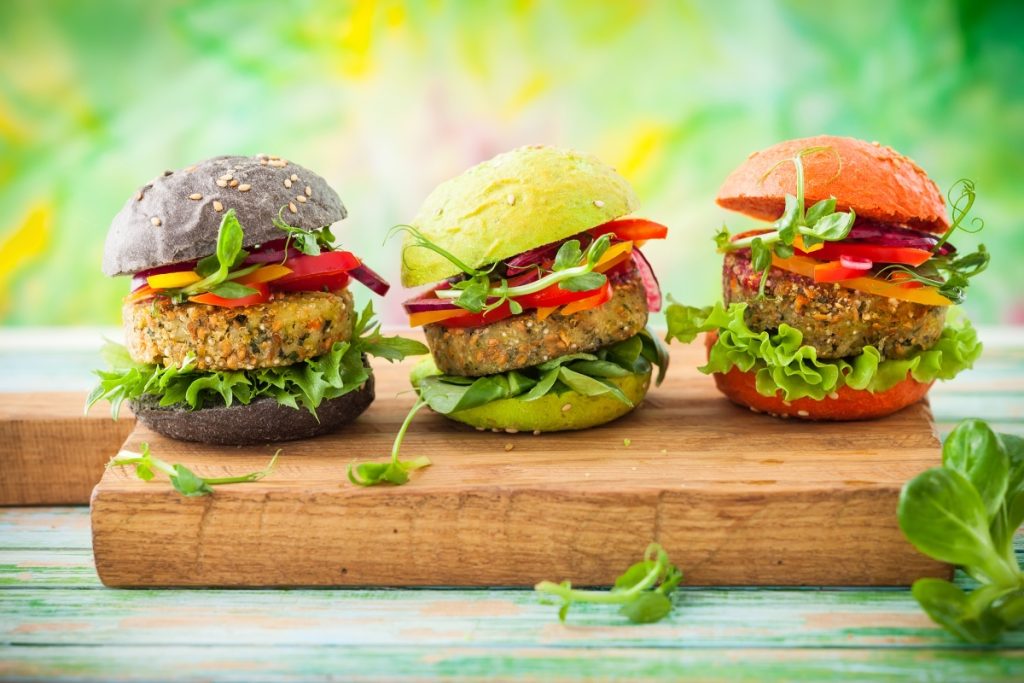NIZO leads consortium: Sustainable production chains for cellular proteins



A public-private consortium of industrial and knowledge partners has received Dutch TKI grants for a multi-year, multi-phase project on using microbial biomass to create functional, protein-rich ingredients for sustainabale production of food. In the project, the partners will optimise processing conditions for different organisms, including microalgae, bacteria, fungi and yeast, in order to assess which deliver the functional, economic and sustainability characteristics needed for a marketable food product.

As protein is an important part of a basic human diet, there is a continuing search for new or alternative protein ingredients and high-quality protein-rich foods. The United Nations Food and Agriculture Organization (FAO) reports that the global Covid-19 pandemic, resulting in reduced production of protein foods, has placed further stress on the issues around protein availability. The EU, which currently imports around 20 million tons of protein per year, is looking for ways to increase and promote protein production internally.
It has long been known that ‘alternative’ proteins’ have the potential to expand local protein production. These alternatives, however, must balance the needs of all stakeholders. The consumer, for example, wants a food product that looks good, tastes good, feels good in the mouth, and delivers certain nutritional benefits. Manufacturers want to be able to use familiar processes that don’t require new equipment or additional steps. From a societal point of view, it is key to minimise the ecological impact of producing protein while maintaining profitability.
Cellular agriculture is one potential source of new proteins, using microbial cells as factories to produce edible microbial biomasses. Microbial biomass is the result of the fermentation, by bacteria, fungi, yeast or algae, of organic substrates such as by-products from the sugar industry and other food processing residues. Edible microbial biomass can thus offer a sustainable and economic protein source. However, the high costs for development and production make it difficult for ingredient manufacturers to be sure they are on the right track.
A public-private consortium is collaborating on a multi-year project that will deliver insight into the applicability, sustainability and feasibility of using microbial biomass as functional, protein-rich food ingredients. This consortium, which has been subsidised by the Dutch government (under the Top Knowledge and Innovation (TKI) programme) and within the initiation facilitated by the Sustainable Food Initiative foundation (SFI), includes industrial partners Revyve, Phycom, Unilever, Westland Kaas, PeelPioneers and AB Mauri, and knowledge partners NIZO, Wageningen University, Wageningen Food & Biobased Research, and HAS University of Applied Sciences.
NIZO, a privately owned research centre (CRO) with expertise and facilities for the development and upscaling of new food products and ingredients, is also the coordinator of the programme. The kick-off for the multi-year project took place in September 2022; the project is expected to run through end-2026. Four experimental work packages will address the challenges of producing cellular proteins: including efficient culturing of organisms, growing industrial sidestreams, ensuring feasible biomass yields with a high protein/low nucleic acid composition, and developing scalable processes. Food application trials will also be performed on a selected set of proteins, with a focus on dairy, meat and bakery analogues.
“Sustainably producing alternative protein ingredients for value-added foods, using existing sidestreams and microbial cells, is an enormous step forward for consumers and manufacturers alike. The project’s goals thus fit very closely with NIZO’s own work on the protein transition, using our long tradition in dairy and our strongly science-based approach. We are thus delighted to participate in and coordinate this consortium which brings together important players from both the industrial and the knowledge side, according to Dr. Jolanda Lambert of NIZO”.
This project receives financial contribution from the Topsector Agri & Food. Within the Topsector industry, knowledge institutions and government collaborate on innovations for safe and healthy food for 9 billion people in a resilient world.